Abizaid says Iraq force must not be reduced
 The US military commander for the Middle East said on Wednesday that American troops levels in Iraq should not be reduced as he faced a barrage of intense and often hostile questioning in Congress.
The US military commander for the Middle East said on Wednesday that American troops levels in Iraq should not be reduced as he faced a barrage of intense and often hostile questioning in Congress.
General John Abizaid said that extra troops were also not the answer to the Iraq crisis, though he warned the country could slump into a full blown civil war within four-to-six months if escalating violence was not ended.
The United States currently has 144,000 troops in Iraq but faces mounting domestic pressure, particularly from the Democrats who control Congress, to start a withdrawal.
"Under current circumstances, I would not recommend troop withdrawals," Abizaid told lawmakers.
But he added: "I do not believe that more American troops right now is the solution to the problem."
The head of Central Command, which takes in the Middle East and Afghanistan, insisted in testimony to a Senate Armed Services Committee hearing on US policy in Iraq that Iraqi security forces needed to take over security responsibilities more quickly.
He said he had told Iraqi Prime Minister Nuri al-Maliki during a meeting on Monday that militias must be disbanded "very soon."
Abizaid told the committee that US and Iraqi forces have four to six months to get the levels of sectarian violence down before it tips into civil war.
"I remain optimistic we can stabilise Iraq," Abizaid said in his opening statement to the panel.
But he faced hostile questioning from Democrats and even some Republicans, whose election hammering last week has been widely blamed on the Iraq crisis.
"I regret deeply that you seem to think that the status quo and the rate of progress we're making is acceptable. I think most Americans do not," said Senator John McCain, a Vietnam veteran expected to run for the Republican nomination for the presidency in 2008.
Abizaid warned that failure to quell the violence could embolden Iran and Al-Qaeda and deepen Sunni-Shiite divisions in the region.
Levels of sectarian violence in Iraq, though down from last month, were still "dangerously high," he said.
Abizaid said US commanders believe that Iraqi security forces could take control faster if the United States beefed up training teams embedded with the Iraqis, speeded up the delivery of equipment to make them more mobile, and embraced an Iraqi-led effort to root out militias.
"Iraqis and Americans alike believe that Iraq can stabilise and the key to stabilisation is effective, loyal, non-sectarian Iraqi security forces coupled with an effective government of national unity," he said.
His testimony came as President George W. Bush faces mounting pressure for a major change in his Iraq policy.
A bipartisan Iraq Study Panel is to make policy recommendations in a report expected to be released soon.
Bush has also launched an internal review of US policy in Iraq, national security advisor Stephen Hadley said on Wednesday.
He said a review by the Joint Chiefs of Staff, the State Department, and the National Security Council (NSC) had been underway "fairly discreetly" for weeks.
Hadley added that Bush met with his top national security advisors on Tuesday and ordered the internal review process be integrated in a single report by the NSC.


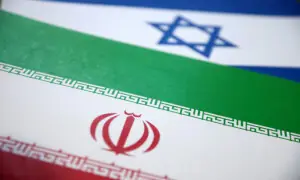
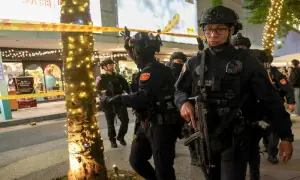
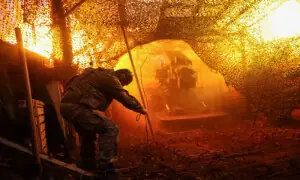

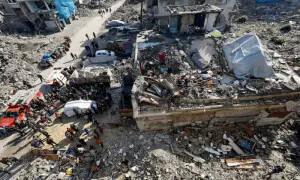

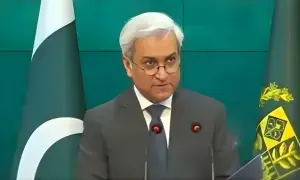

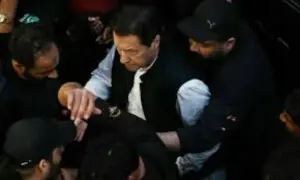
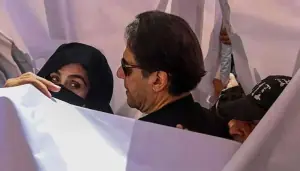

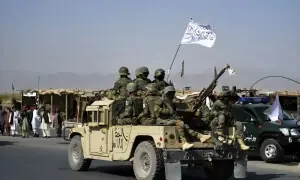

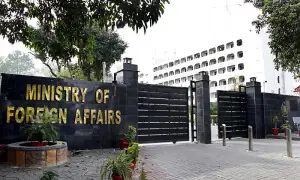

Comments are closed on this story.